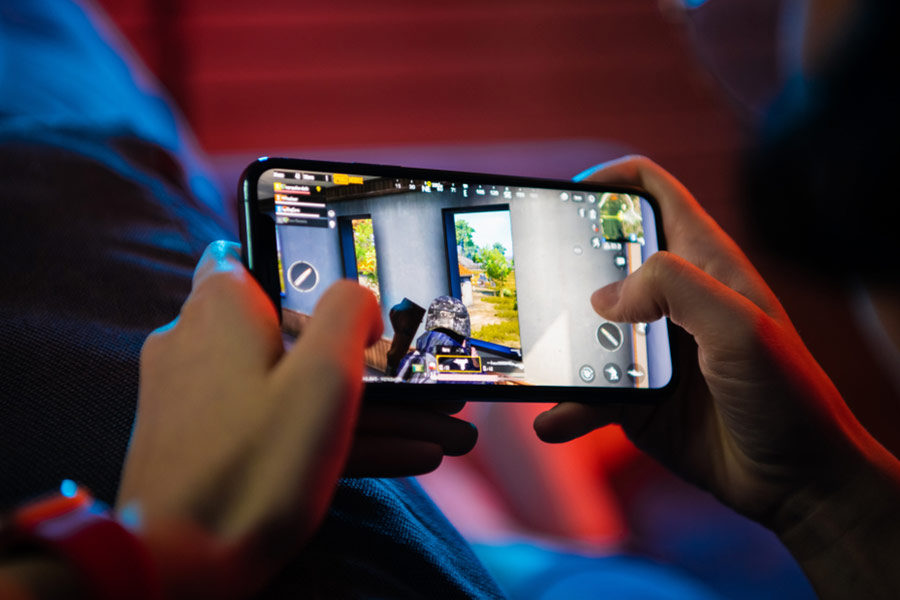NCP Rajya Sabha member Fauzia Khan on Tuesday expressed concern over the exposure of children to the violent content of online video games and asked the government to regulate the content.
Raising the issue during the Zero Hour in the Upper House, she said that in the digital age, children are increasingly exposed to online video games.
Many of these games contain themes unsuitable to small children, such as wanton violence, foul language, substance abuse, sexual content, gender stereotypes, and disregard for law, she noted.
"Online games like PubG, Call of Duty, GTA, and Blue Whale Challenge have become immensely popular among the children. This leads to the development of aggressive behaviour in them as they grow up. Excessive exposure can also cause anxiety and phobias, especially in the case of gore content," Khan said.
She also referred to an incident in Pune where a 15-year-old boy influenced by a video game, tragically committed suicide by jumping from a 14th-floor building.
There have been many such instances, Khan said, adding that research shows that exposure to violent media can impair cognitive development, reduce control over emotions and delay the development of the brain's frontal regions.
This addiction negatively impacts academic performance, social skills, and mental health.
She also said that online gaming can lead to unexpected encounters with inappropriate sexual, violent or sensitive content, cyberbullying and cyber crimes.
The Rajya Sabha MP pointed out that India currently lacks specific legislation for regulating video games and has limited judicial focus on the subject.
She also said that while parents' role is undeniable in regulating children's access to online media, the government must also directly regulate content for children, especially video games.
A dedicated division should be established to oversee and categorise this content, involving relevant stakeholders, she said, adding that counselling and support services must be provided to teens at risk from such games.
In her Zero Hour mention, Sushmita Dev (TMC) made a demand to increase the constitutional benches of the Supreme Court and the regional benches of the High Courts.
"Justice delayed is justice denied," she said.
The primary reason why justice is delayed in this country is because of the large number of cases that are pending in the Supreme Court and High Courts, she added.
"And the second reason is that we do not have access to justice either because of lack of resources, because litigation is a luxury. And secondly, because of the distances we have to cover to reach the Supreme Court and High Court," the TMC member said.
Except for the headline, this story has not been edited by The Telegraph Online staff and has been published from a syndicated feed.











